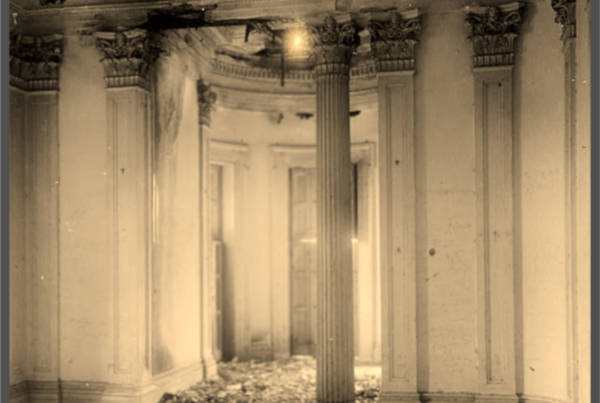A review of Henry Timrod: A Biography by Walter Brian Cisco, Madison, New Jersey: Fairleigh Dickison University Press, 2001. 168 pages.
Henry Timrod died in 1867 at the age of thirty-nine from tuberculosis–his end aggravated and hastened by inadequate food and the rigors of eking out a living amidst the charred ruins of South Carolina’s capital city. The newspaper which had provided the only income for himself, wife, child, and widowed sister’s large family, had gone up in Sherman’s fire. He described the last period of his life as “beggary, starvation, death, bitter grief, utter want of hope,” and added: “I would consign every line I ever wrote to eternal oblivion for one-hundred dollars in hand.” The man who spoke thus may well have been America’s greatest poet living at the time.
Consider the first and last stanzas of his “ode” sung in 1866 as ladies brought flowers to the otherwise undecorated graves of 600 Confederates killed in the long siege of Charleston.
Sleep sweetly in your humble graves,
Sleep, martyrs of a fallen cause;
Though yet no marble column craves
The pilgrim here to pause….Stoop, angels, hither from the skies!
There is no holier spot of ground
Than where defeated valor lies,
By mourning beauty crowned!
For my money, no better lines of verse came out of the great American bloodletting of the 1860s. The experts, of course, would say that we should prefer as a dirge the lines from the, shall we say, flamboyant Whitman in “O Captain! My Captain!”:
But O heart! heart! heart!O the bleeding drops of red,Where on the deck my Captain lies,Fallen cold and dead.
Timrod was well recognized from the 1850s onward as a powerful, profound, versatile, and subtle poet, though he is best known for the poems that expressed the deepest sentiments of the Southern people during and after the War.
Whittier described Timrod’s verse as “very powerful & impressive….He had the true fire within.” The Gentle Quaker poet looked forward to the time “when no sectional feeling will interfere with the recognition of his genius.” Longfellow concurred, predicting that in the future Timrod’s verse “will have a place in every cultivated home in the United States.” These were generous sentiments, especially as Timrod had a greater range and depth as poet than either of the New England laureates.
Their predictions did not come true. A volume of Timrod’s collected poems was never published in his lifetime and not until sixty years after his death, and then only because of the extraordinary efforts of friends. The popular anthologies are hardly aware that he ever existed.
Timrod has had to wait even longer for a biographer, but the wait was worth it. Cisco has written extensively on South Carolina notables. (He has a new biography of the neglected military and political giant, General Wade Hampton, in press.) He gives us the life of the man and poet, straightforwardly and from primary sources. This is a proper biography without any of the distorting theorizing (actually dime-store Marxism) that pervades so much historical writing these days. We have the opportunity to recover Timrod and some lost elements of American culture as well.
This essay was originally published in Chronicles Magazine and later Defending Dixie.






